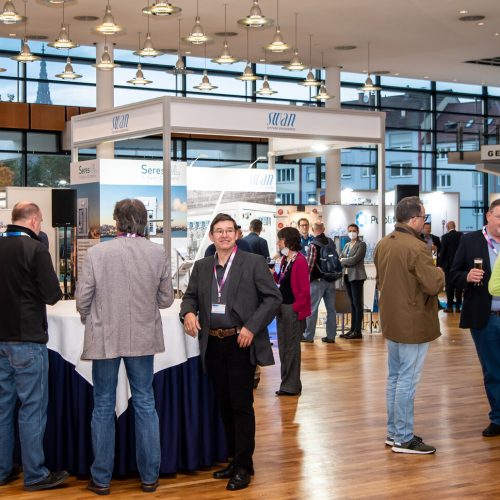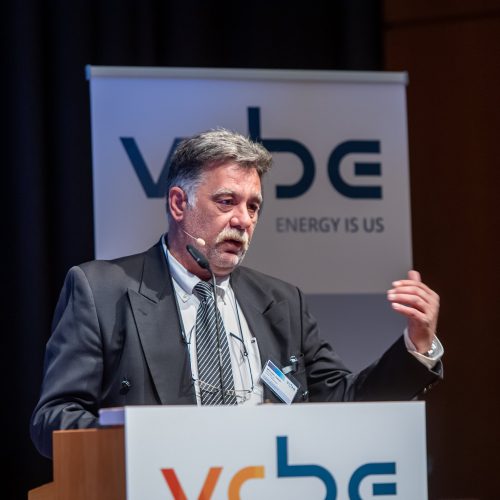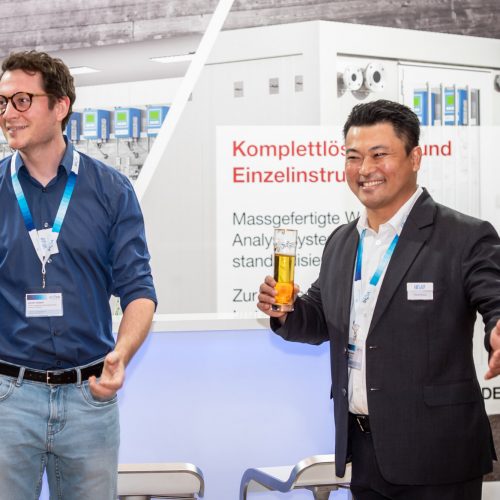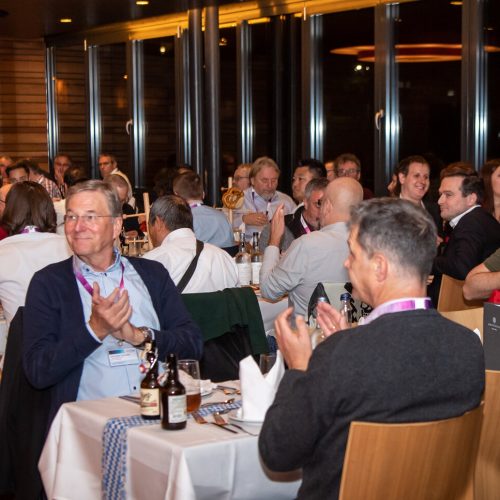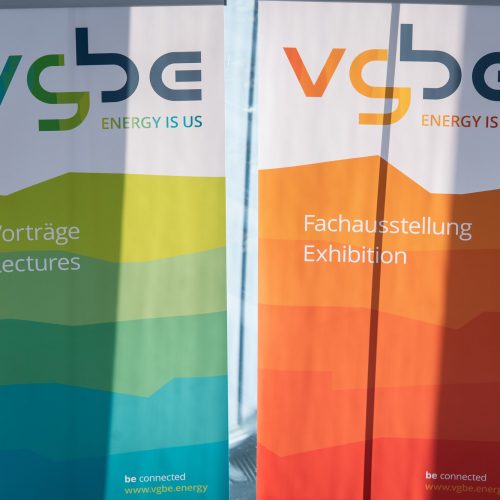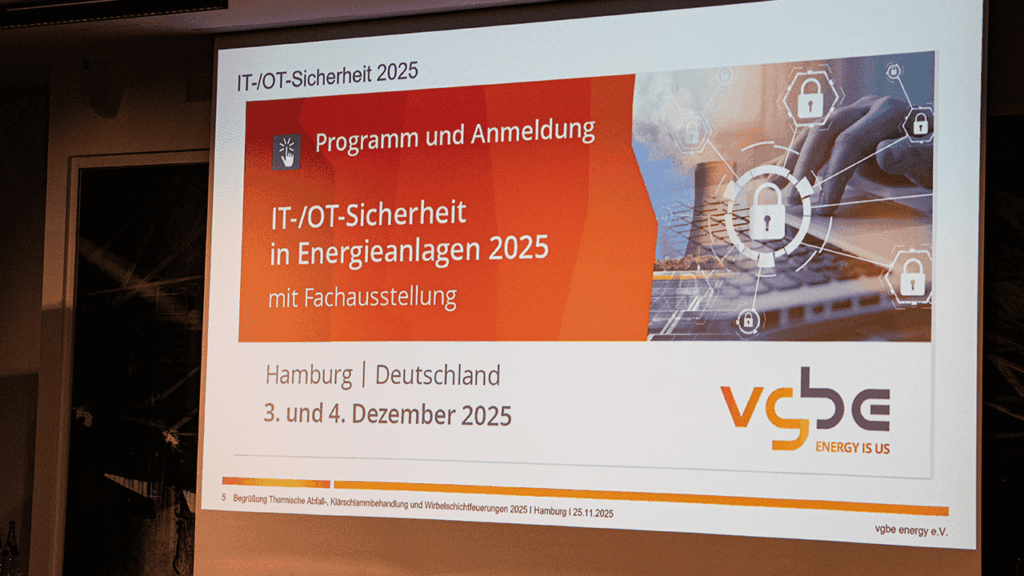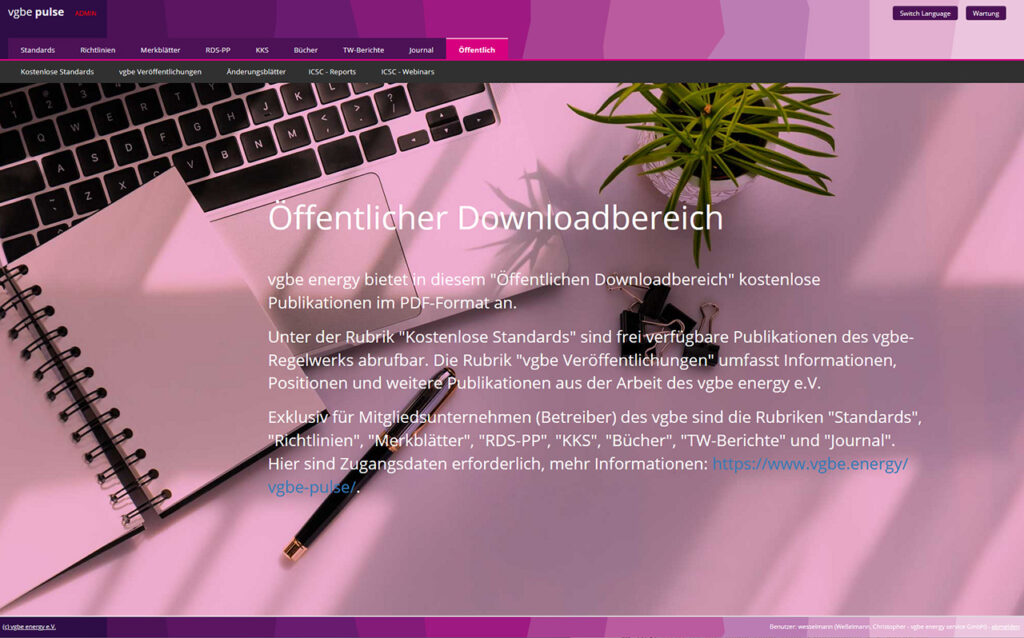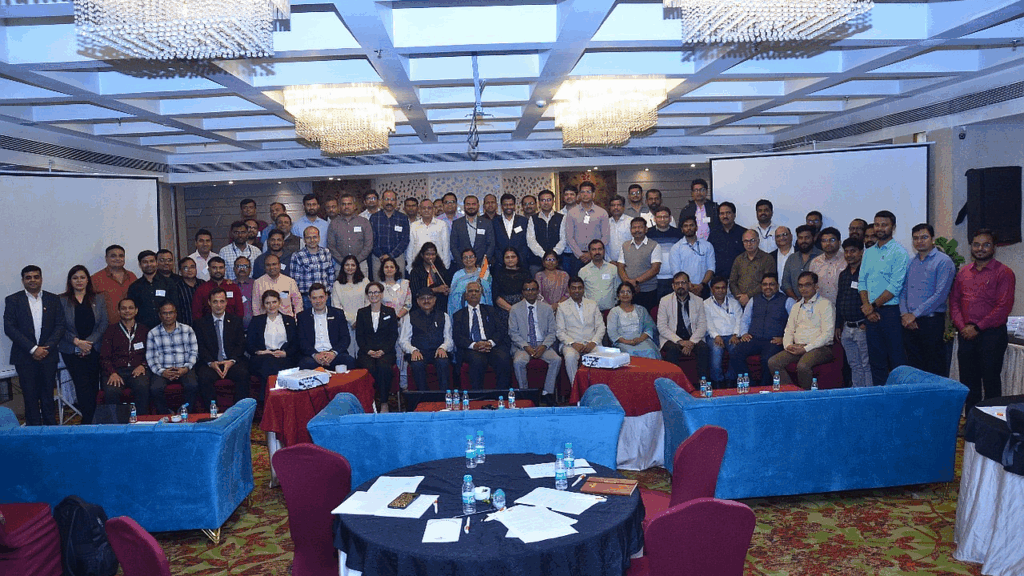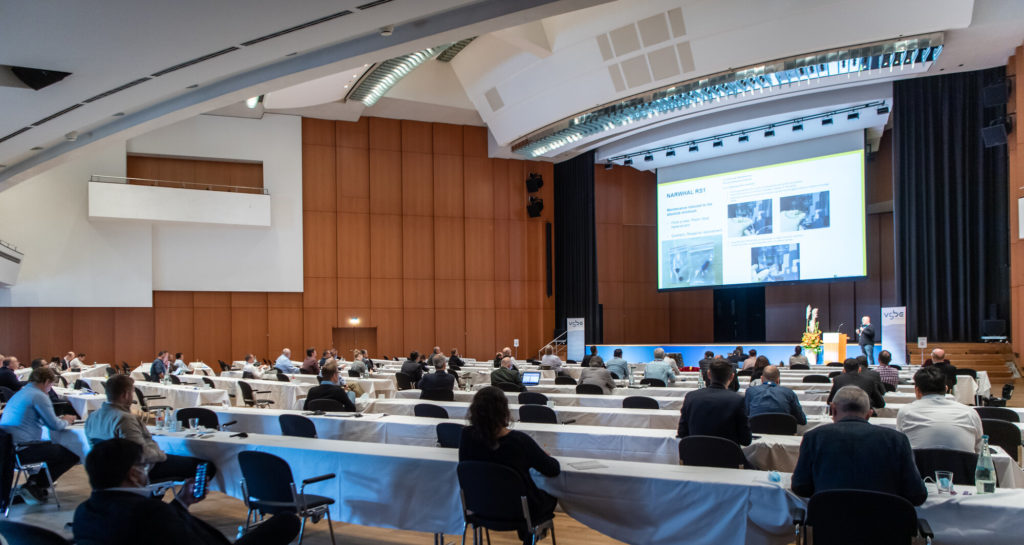
The 57th vgbe Chemistry Conference took place again as an attendance event. As usual, this chemistry conference was also accompanied by a trade exhibition with 21 national and international exhibitors. The approximately 160 participants were offered an interesting lecture programme: International speakers presented topics such as common reasons for chemical-related damage in power plants, legionella in cooling circuits, corrosion prevention on materials through different coating options, difficulties in flue gas purification when converting from coal to biomass combustion, mercury separation, increased production of hydrogen and associated necessary water purity, as well as the entry of digitalisation into water chemistry.
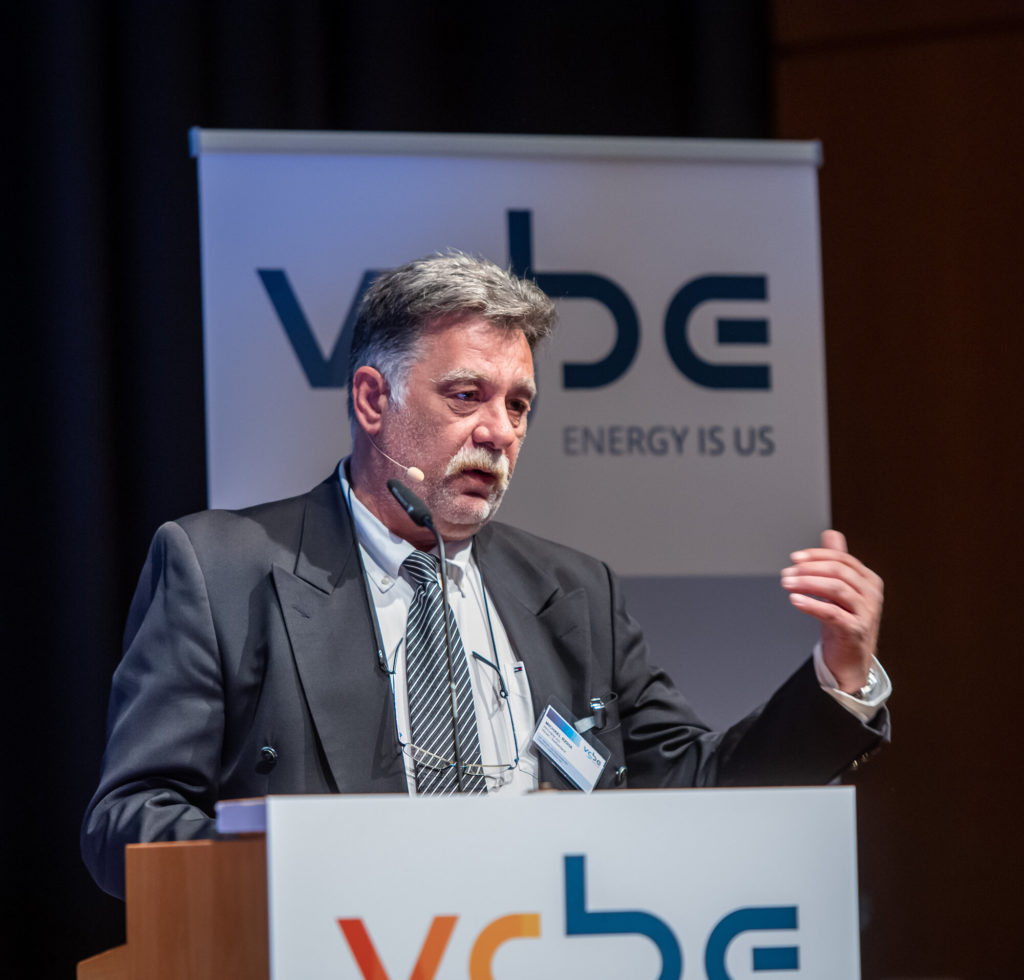
Michael Rziha, PPCHEM AG
With regard to chemical-related damage in power plants, the presentation by Michael Rziha, PPCHEM AG, is to be highlighted. Since the severe explosion in the Reisholz power plant, which led to the foundation of the current vgbe energy and the first feedwater working group under its umbrella about 100 years ago, power plant chemistry has bundled its knowledge and experience in the technical codes, today the so-called vgbe-Standards.
The tasks of power plant chemists and engineers were initially limited to questions of water chemistry, water management and materials. But in the 1980s, conventionally-fired boilers were massively retrofitted with flue gas cleaning systems and suddenly new and ambitious challenges arose for power plant chemistry.
Fossil-fired plants were equipped with “chemical factories” (FGD plants) that produced gypsum. However, this development was not welcome by operators, as this was not one of the original tasks of electricity supply.
A few years later, steam generators were equipped with catalysts to denitrify flue gases (DENOX plants). As a result, power plant operation has become a complex structure involving mechanical, electrical, process and chemical engineering.
Despite the demonstrably great successes in the past, however, a declining importance of power plant chemistry can currently be observed (outsourcing of laboratory activities and power plant shutdowns). At the same time, the number of chemical-related damages is increasing again, with corresponding economic consequences of considerable magnitude. There are many reasons for this, but one of the main causes is the progressive loss of expert knowledge. Experienced power plant chemists are retiring without any knowledge transfer and management. Training and further education do not take place or take place only to a limited extent for cost reasons, and there is a partial lack of experienced personnel at the sites for effective monitoring and appropriate setting of the important parameters. The exchange of experience and information, which takes place especially at the chemistry conference and in the vgbe chemistry committees, has an important role to play.
Other contributions presented the microbiological analysis of cooling water, or a 24/7 hygiene management system for fully automated, continuous measurement of legionella concentration in the main cooling water, in order to meet the requirements of the 42nd BImSchV as well as the UBA recommendations and various VDI guidelines.
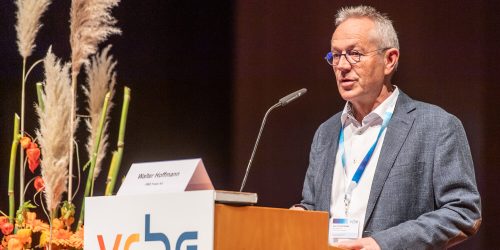
Walter Hoffmann, RWE Power AG
At this year’s vgbe Chemistry Conference, the focus was naturally also on the many future tasks in connection with global climate protection. Billions are being invested worldwide in the new hydrogen technologies. Accordingly, in addition to the conventional areas of power plant chemistry, the problems and special features associated with hydrogen were also addressed at the conference. The presentation “A hydrogen fueled future: Water purity and chemistry implications” examined the growing investments of hydrogen production. The focus was on trends and opportunities for existing power plants and CHP plants as well as new technologies for hydrogen production. The impact of water purity (for PEM electrolysers 0.2 µS or less) and chemical measurements were specifically addressed.
Aspects of digitalisation in water chemistry were also covered. Operational staff and power plant chemists cannot work from home offices to control and check plants. To what extent can digitalisation help to operate plants safely even in times of crisis, regardless of where technicians and engineers are located? The path to this goal has been mapped out. There are numerous digital analysis sensors on the market that are considered “intelligent”. However, questions arise regarding data security.
Another paper discussed smart instruments and smart alarms for online water analysis. The question of the definition of “smart” was raised, as manufacturers and operators define and interpret this term in very different ways. The functions of a “smart” system for analysing water-steam cycles were presented.
Fortunately, the event could be held in attendance. However, four contributions were given as on-line presentations. On the one hand, it became clear that remote presentations can contribute to making the lecture programme even more diverse in order to increase the community of chemists. On the other hand, this form of lecture and conference participation is no substitute for the important bilateral exchange and further discussions away from the conference presentations and not least with the exhibitors, and should be limited to a few exceptions in the future.
Exchanging information and networking was again given ample space at the 57th vgbe Chemistry Conference. On the eve of the opening of the conference, the participants already had the opportunity for professional and personal exchange at the informal get-together in the exhibition, hosted by Swan Analytical Instruments AG, which could be continued throughout the entire conference in the well-frequented trade exhibition. The first day of the conference ended with a successful evening event, kindly supported by Kurita Europe GmbH and Purolite GmbH.
The vgbe conference team would like to sincerely thank all participants, speakers, exhibitors and sponsors for their participation and support and looks forward to welcoming the vgbe chemistry community again next year to the 58th vgbe Chemistry Conference, which will take place in Dresden from 25 to 27 October 2022.
For more information, please visit the new vgbe event platform!
